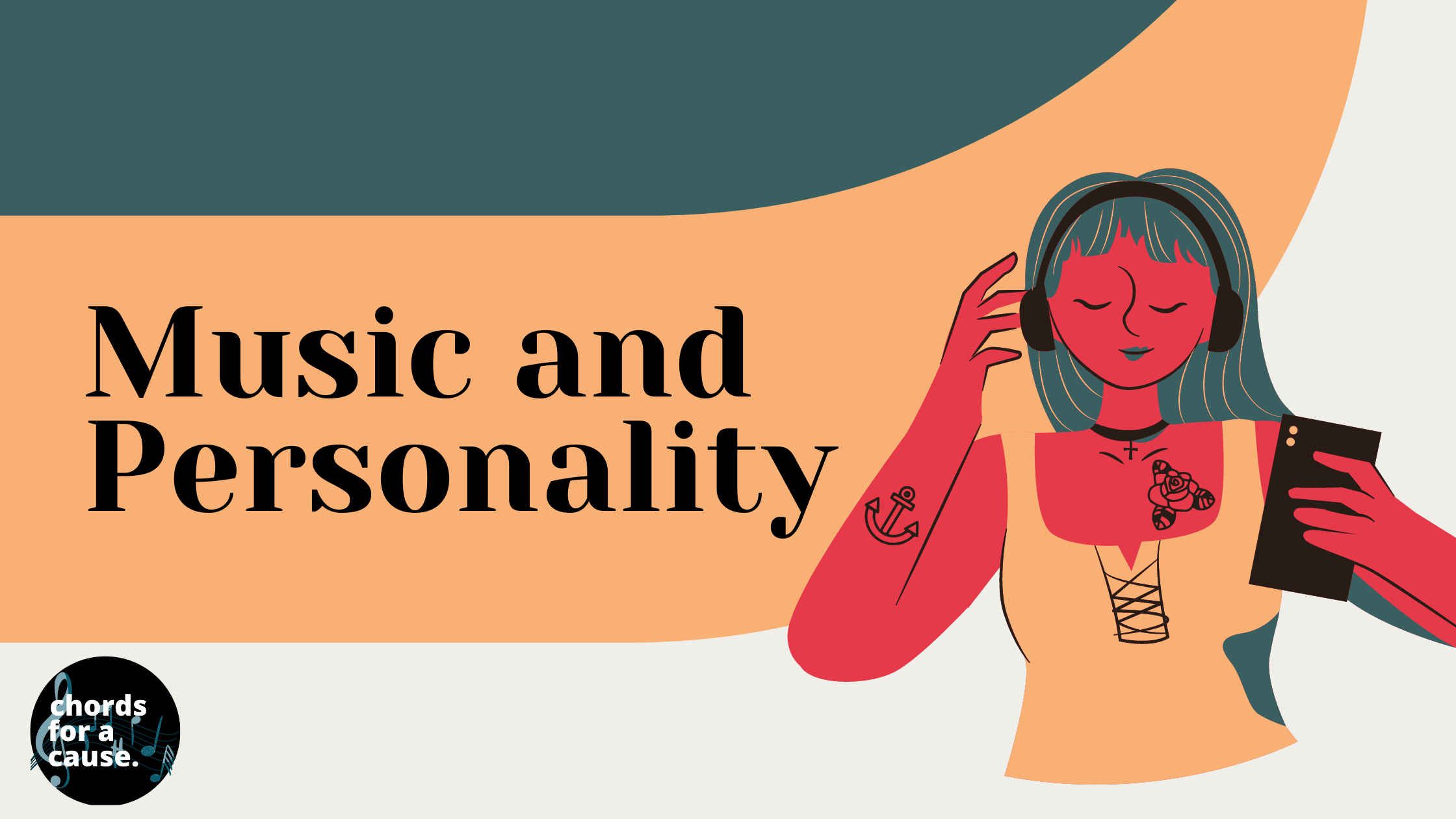Classical, Rock, or Folk? Our Musical Taste is Reflective of Our Personality.

Personalized music is becoming increasingly prevalent these days. With the rise of services such as Spotify and YouTube, we have refined our music selections by determining what we enjoy listening to most. With these advancements, there has also been increased questioning about whether there is a correlation between certain groups of people and musical styles listened to.
Currently, the most popular working theory is that our personality, mood, and emotions are reflected in the music we choose to listen to. Because music is something that we listen to for the purpose of enjoyment, we generally like to listen to genres that we relate to. For example, people who are generally more observant and analytic may enjoy music that has defined structures, such as classical or jazz. On the other hand, a person that is adventurous and open-minded likely like complex rhythms and percussive beats, leading them to enjoying heavy metal, rap, or rock.
In fact, a study done over the psychology behind music was done by researchers Cambridge University, where they received results from over four thousand participants. Thinking, personality, and musical ability were all able to be deciphered from the results of the study. Based upon musical preferences, Cambridge professor David Greenberg was able to categorize subjects into 3 groups: types E, S, and B. People in the Type E category tend to focus on emotion, Type S focus on systems, and Type B maintain an equal balance of both qualities.
Based on these studies, its easy to understand that we can also find out a lot about a person from their music taste!
Multiple studies from various other institutions have found interesting evidence that further supports this. An investigation by researchers at the University of Granada and the Federal University of Maranhão studied the role that gender had in music taste. Men were more likely to listen to musically complex styles such as rock and rap that were often associated with rebellious behavior.
So, we know that music is a way to learn more about the personalities of ourselves and the people around us, but how is this knowledge useful in our lives? It may be used in a treatment environment. By analyzing how people interact with music, we can also develop personalized approaches to musical therapy. For example, patients with neurodevelopmental disorders may often have difficulty communicating with others. Efforts to understand the psychological roots of patients’ behaviors may become more efficient with the use of music.
Additionally, music is widely used in marketing and advertising. These industries find that a better understanding of ideal customers’ personality type and musical preference will help create more effective advertisements, increase time spent in retail stores, and improve overall customer experience.
- Greenberg, David M., et al. “Can Music Increase Empathy? Interpreting Musical Experience Through the Empathizing–Systemizing (E-S) Theory: Implications for Autism.” Empirical Musicology Review, 2015, emusicology.org/article/view/4603.
- Greenberg, David M., et al. “Personality Predicts Musical Sophistication.” Journal of Research in Personality, Academic Press, 9 June 2015, www.sciencedirect.com/science/article/abs/pii/S0092656615000513?via%3Dihub.
- Greenberg, David M., et al. “Musical Preferences Are Linked to Cognitive Styles.” PLOS ONE, Public Library of Science, 22 July 2015, journals.plos.org/plosone/article?id=10.1371%2Fjournal.pone.0131151.
- Herrera, Lucia, et al. “Music Preferences and Personality in Brazilians.” Frontiers, Frontiers, 30 July 2018, www.frontiersin.org/articles/10.3389/fpsyg.2018.01488/full.
- Wallin, Nils Lennart, et al. The Origins of Music. MIT Press, 2005.
Author: Malak Ettahali, Editor: Sandhya Mahesh

